Credo Credit Crisis
Critical Perspectives on Theory, Culture and Politics
Critical Perspectives on Theory, Culture and Politics is an interdisciplinary series, developed in partnership with the Centre for Critical and Cultural Theory, which is based in the School of English, Communication and Philosophy at Cardiff University, UK. The series focuses on innovative research produced at the interface between critical theory and cultural studies. In recent years much work in cultural studies has increasingly moved away from directly critical-theoretical concerns. One of the aims of this series is to foster a renewed dialogue between cultural studies and critical and cultural theory in its rich, multiple dimensions.
Series editors:
Glenn Jordan, Visiting Research Fellow, Cardiff School of Journalism, Media and Cultural Studies, Cardiff University. Former Director of Butetown History & Arts Centre.
Laurent Milesi, Tenured Professor of English Literature and Critical Theory, Shanghai Jiao Tong University. Former Chair of the Centre for Critical and Cultural Theory, Cardiff University.
Radhika Mohanram, Professor of English and Critical and Cultural Theory, Cardiff University.
Chris Norris, Distinguished Research Professor, Cardiff University.
Chris Weedon, Professor Emerita and Honorary Chair, Centre for Critical and Cultural Theory, Cardiff University.
Titles in the series:
Culture Control Critique: Allegories of Reading the Present, Frida Beckman
Prometheanism: Technology, Digital Culture and Human Obsolescence, Gunther Anders and Christopher John Muller, translated by Christopher John Muller
Creole in the Archive: Imagery, Presence and the Location of the Caribbean Figure, Roshini Kempadoo
The Attention Economy: Labour, Time, and Power in Cognitive Capitalism, Claudio Celis
Performative Contradiction and the Romanian Revolution, Jolan Bogdan
Chinese Subjectivities and the Beijing Olympics, Gladys Pak Lei Chong
The Extreme in Contemporary Culture: States of Vulnerability, Pramod K. Nayar
Superpositions: Laruelle and the Humanities, edited by Rocco Gangle and Julius Greve
Credo Credit Crisis: Speculations on Faith and Money, edited by Laurent Milesi, Christopher John Muller and Aidan Tynan
Materialities of Sex in a Time of HIV: The Promise of Vaginal Microbicides, Annette-Carina van der Zaag (forthcoming)
Refusing to Share: The Cultural Politics of Settler Colonialism in Palestine, Marcelo Svirsky and Ronnen Ben-Arie (forthcoming)
Affective Connections: Towards a New Materialist Politics of Sympathy, Dorota Golaska (forthcoming)
Homemaking: Radical Nostalgia and the Construction of a South Asian Diaspora, Anindya Raychaudhuri (forthcoming)
Partitions and Their Afterlives: Violence, Memories, Living, edited by Radhika Mohanram and Anindya Raychaudhuri (forthcoming)
Contested Borders: Queer Politics and Cultural Translation in Contemporary Francophone Writing from the Maghreb, William J. Spurlin (forthcoming)
Published by Rowman & Littlefield International Ltd
Unit A, Whitacre Mews, 2634 Stannary Street, London SE11 4AB
www.rowmaninternational.com
Rowman & Littlefield International Ltd. is an affiliate of Rowman & Littlefield
4501 Forbes Boulevard, Suite 200, Lanham, Maryland 20706, USA
With additional offices in Boulder, New York, Toronto (Canada), and Plymouth (UK)
www.rowman.com
Selection and editorial matter Laurent Milesi, Christopher John Mller and Aidan Tynan 2017
Copyright in individual chapters is held by the respective chapter authors
All rights reserved. No part of this book may be reproduced in any form or by any electronic or mechanical means, including information storage and retrieval systems, without written permission from the publisher, except by a reviewer who may quote passages in a review.
British Library Cataloguing in Publication Data
A catalogue record for this book is available from the British Library
ISBN:HB 978-1-78348-380-8
PB 978-1-78348-381-5
Library of Congress Cataloging-in-Publication Data Available
ISBN 978-1-78348-380-8 (cloth: alk. paper)
ISBN 978-1-78348-381-5 (pbk.: alk. paper)
ISBN 978-1-78348-382-2 (electronic)
 The paper used in this publication meets the minimum requirements of American National Standard for Information Sciences Permanence of Paper for Printed Library Materials, ANSI/NISO Z39.481992.
The paper used in this publication meets the minimum requirements of American National Standard for Information Sciences Permanence of Paper for Printed Library Materials, ANSI/NISO Z39.481992.
Printed in the United States of America
Acknowledgements
The fruitful discussions and exchanges that led us to embark on this editorial project began as early as 2007, in the wake of the Theory, Faith, Culture international conference organised by the Centre for Critical and Cultural Theory at Cardiff University. One year after, the onset of a long, global economic recession, first with the advent of the so-called credit crunch, was to give this collective venture its current reorientation and its suggestive title.
We would like to thank our colleagues at the School for English, Communication and Philosophy at Cardiff University for all their thoughts, comments and support throughout the genesis and long development of this book. In particular, Angus McBlane deserves special mention as his early input was instrumental in its overall trajectory. Chris Weedon has provided invaluable assistance at various key stages throughout, and we would also like to express our gratitude to the external reviewers for their insightful suggestions for improvements. We also wish to record our special thanks to Mareile Pfannebecker for her stylish translation of the original German essay by Joseph Vogl. Finally, we would like to thank Simon Critchley and Tom McCarthy for granting permission to include their essay, first published in Diacritics 34.1 (2004): 217, in the present volume.
Introduction
Speculative exchange: Between religion and economics
Aidan Tynan and Christopher John Mller
To say that we are living in a time of crisis would seem a trivial observation. Crisis is the very medium of contemporary social reality. Yet we tend to experience crisis not as anything meaningful, as the element of a larger narrative, but merely as shock, a disruption to the smooth running of our lives. The crises that afflict us can be grouped under three main headings: ecological, religious and economic. This book focuses on the last two of these. Its goal is to isolate the links between religious and economic life as something that secular modernity has rendered largely unconscious in the course of its development. The religious and economic crises of the twenty-first century, for which the September 11 terrorist attacks and the 200708 subprime mortgage crash may function as the most potent representatives, can be understood in terms of a return of the repressed relating to these submerged links.
The acknowledgement of the religious nature of capitalism defined much of the most significant nineteenth and early twentieth-century social thought from Georg Simmel and Karl Marx to Max Weber and Walter Benjamin. For these thinkers, capitalism emerged amid the transformations of religious tradition characteristic of modernity. The economic could not be understood in the absence of a conception of modernity as an age of spiritual crisis. This is an approach that needs to be revived today. The chapters to follow pursue new frameworks for understanding contemporary experience by approaching the religious and the economic as fundamentally intertwining realities. Wherever we see religious or economic life in crisis today, whether this is in the form of violent fundamentalism or the volatility of financial markets, it is in some crucial sense the same crisis at work.

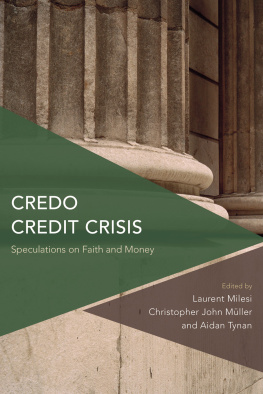



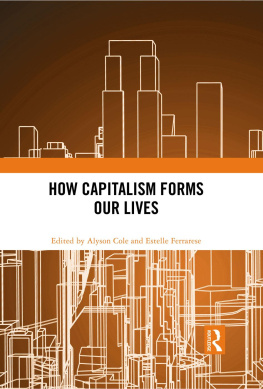
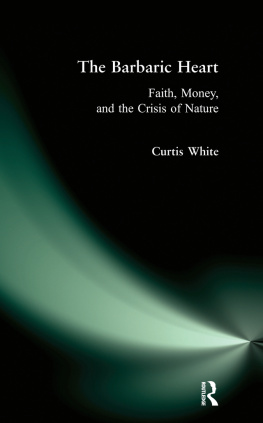
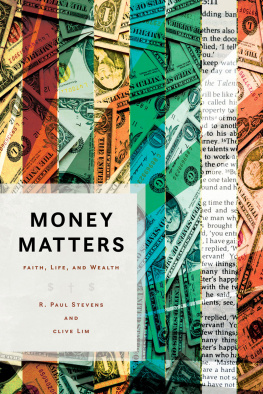
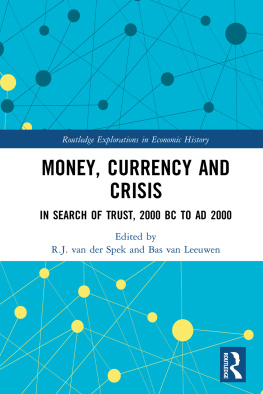
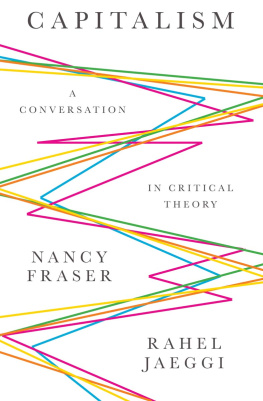
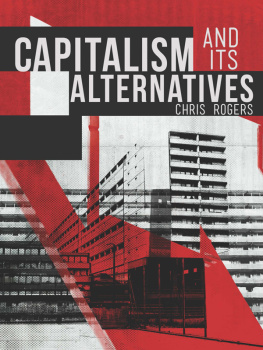

 The paper used in this publication meets the minimum requirements of American National Standard for Information Sciences Permanence of Paper for Printed Library Materials, ANSI/NISO Z39.481992.
The paper used in this publication meets the minimum requirements of American National Standard for Information Sciences Permanence of Paper for Printed Library Materials, ANSI/NISO Z39.481992.